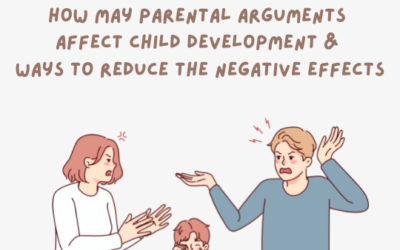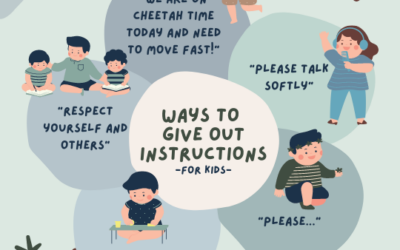Nervous about telling your firstborn about a new baby? Depending on the age group, children may react differently to a new member joining the family. Here are some tips for how to introduce your new baby to older children. 👣Toddlers aged 1-2 might not be able to grasp...
Communicating with Children
Parental arguments may affect child development
Why are parental arguments not good for children? They may affect the child development through several ways: Imitation of unhealthy conflicts Feeling of insecurity and distrust Repression of needs & emotions Development of a sense of guilt Ways to reduce the...
Ways to give out instructions
Communication tips - what are good ways to give out instructions? Please talk softly Please... I need you to... We are on cheetah time today and we need to move fast! Respect yourself and others



